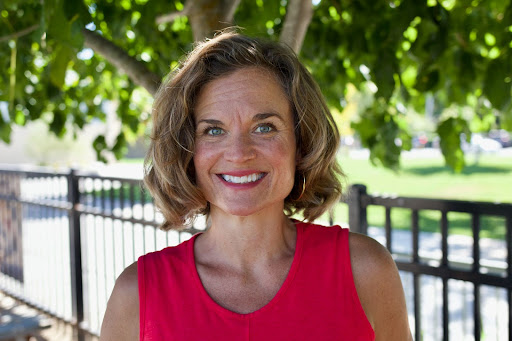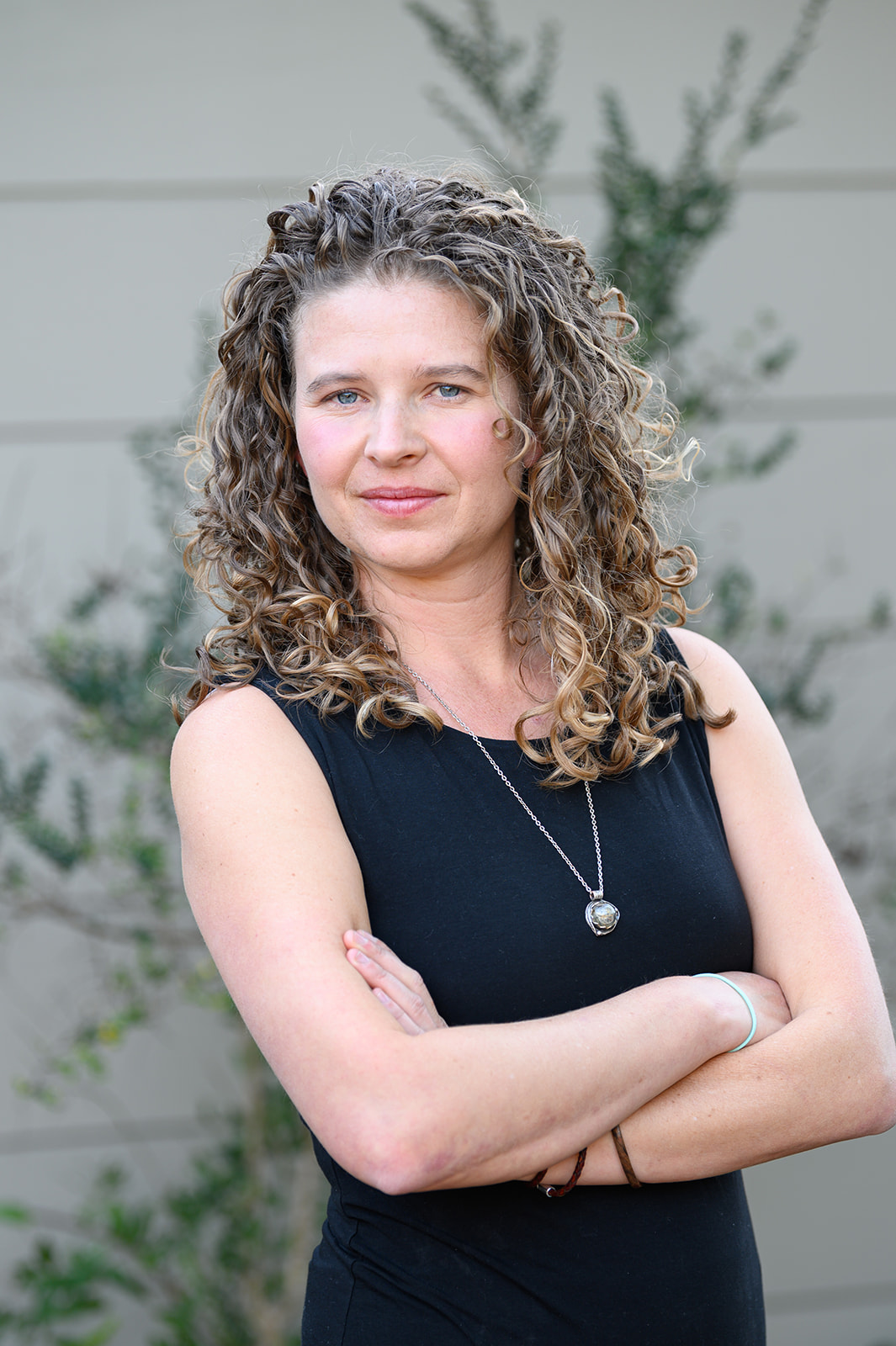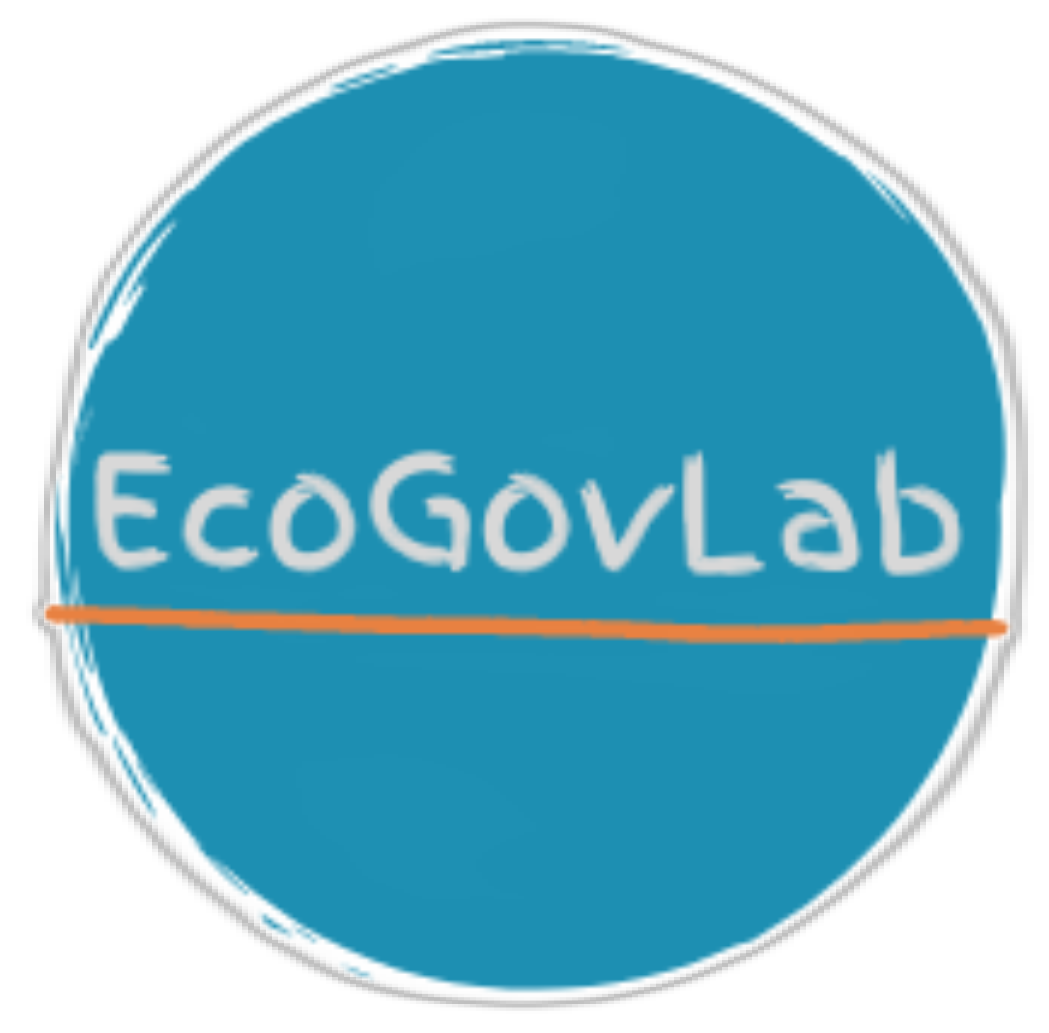With the climate crisis wreaking havoc, especially on those least responsible for it, I’m grateful to have been working with the Ten Strands team for ten years. Never before has an equitable high-quality environment-based education been more important. In our complex world, an educated population is crucial in the fight against climate change. Ten Strands’ mission supports the next generation of learners and leaders to deeply understand and connect to the natural world around them, and be active in adapting and mitigating climate change impacts. Ten Strands is proud to be at the forefront of the environmental literacy and sustainable and climate-resilient schools movement—collaborating with our partners on innovative programs, advancing education policy changes, building a dedicated donor community, and advocating for state funding. We are deeply grateful for our partners, funders, and leaders in the public sector, including the State Board of Education and the California Department of Education for advancing climate change education and action. Much work lies ahead, and with the continued support from our funders, we will get there.
With deep appreciation,
Will Parish, Founder and Board Chair
Will Parish
CEO Welcome
 Dear Friends,
Dear Friends,
Twenty years ago, California, ahead of most other states, passed legislation to integrate environmental principles and concepts into core academic subjects. Ten years later, Ten Strands launched to catalyze a movement to support teachers, administrators, and community-based partners to advance environmental literacy and build on that early legislation. You can read about our first ten years here.
Last year, we expanded our team and partners to work with the education system to support ecologically-resilient school grounds and school building decarbonization efforts. In July, we launched our first direct-to-youth initiative to work with high school students on foundational knowledge and skill-building activities related to environmental and climate action.
Focusing on teaching and learning—inside and outside of the classroom—as well as school grounds and buildings is our urgent response to the climate crisis. We adopted a whole school sustainability approach to meet county, district, and site leaders where they are and work together to meet their goals. We understand the complexities of getting started across and within the largest school system in the country.
From the beginning, partnerships have been at the heart of our model. Our partnerships are successful because we value equity, innovation, shared leadership, care and connection, transparency, and persistence. You can read more about our values here.
Thank you for reading the progress of our work in this year’s annual report. We look forward to being in community with you as we celebrate more successes in the year ahead.
With immense gratitude,
Karen Cowe, CEO
Ten Strands in Numbers
full_coverage
10
+
features in nationally recognized media outlets
thumb_up
3
,500+
followers across social media channels
mark_email_read
30
,000+
subscribers to our newsletter
web
28
,500+
new users to our website
Thought Leadership
Ten Strands expanded its capacity in 2022-23 to advance the environmental literacy of K–12 students by welcoming new staff members to the team. We also organized and spoke at over twenty conferences, events, and webinars, highlighting our influence and expertise on environmental and climate change literacy efforts in California.
Last summer, Ten Strands announced the addition of new director of curriculum Roni Jones, who is leading the development of California’s new Climate Change and Environmental Justice Program (CCEJP). Roni brings to Ten Strands over three decades of success in leading educational systems change.
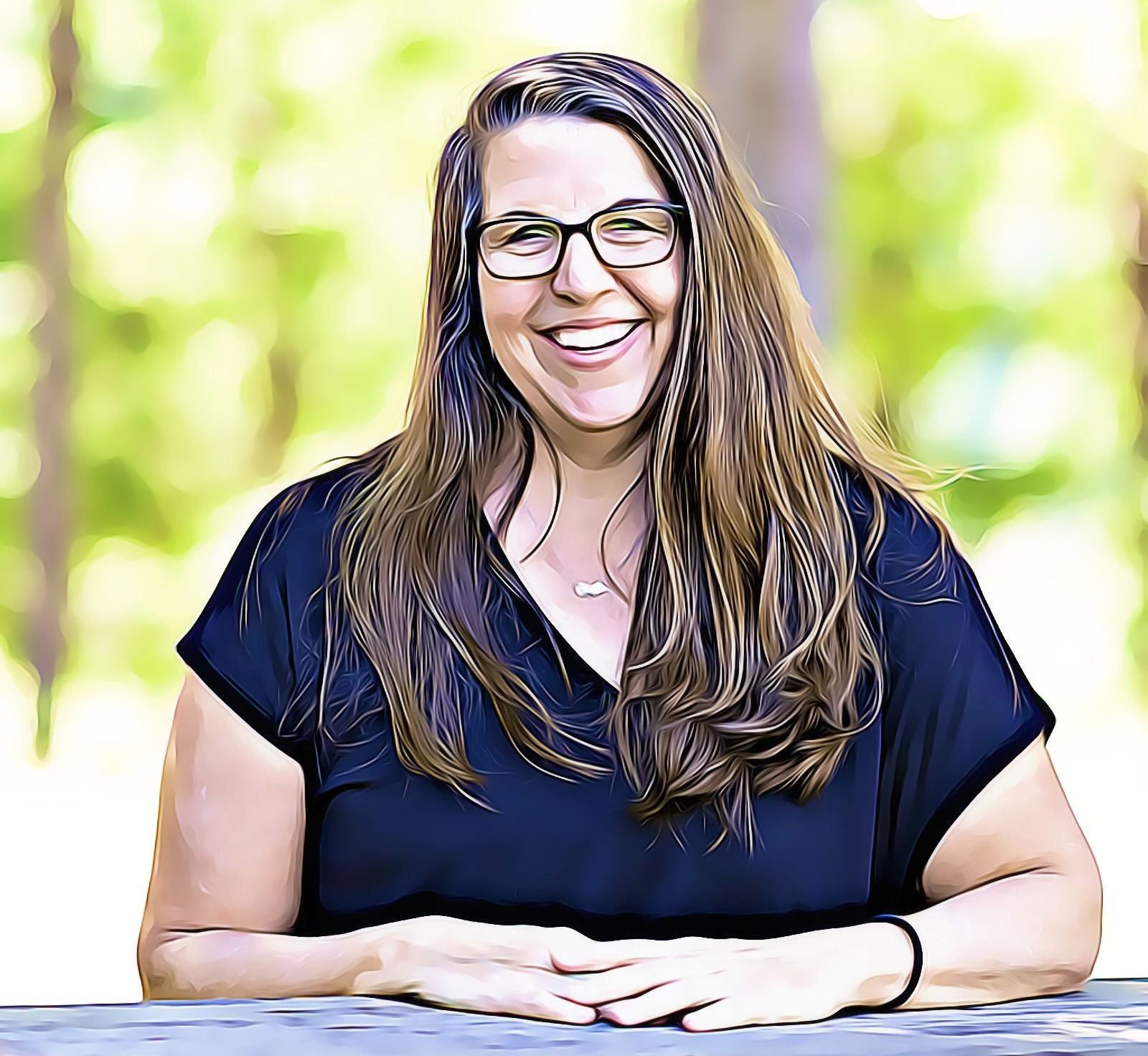
Andra Yeghoian
In August, Ten Strands also welcomed Andra Yeghoian as our new chief innovation officer, bolstering our team and the work of our organization and sparking environmental literacy with her whole systems approach. Andra brings her experience of working at the county office of education level, where she directly influenced twenty-three school districts through her programs. She is now focused on taking her programs to scale across the state. Andra has spoken at over a dozen events this last year.
In early spring, Karen Cowe, Ten Strands CEO was invited to present strategies toward advancing environmental and climate literacy at the annual general membership meeting of the California County Superintendents. Working closely with San Mateo’s superintendent Nancy Magee, Karen shared our vision for how to scale climate change education and environmental literacy across fifty-eight counties.
A Year of Powerful Partnership to Advance Environmental Literacy
Climate Change and Environmental Justice Program
A collaboration between Ten Strands, the San Mateo County Office of Education, the California Department of Education, and community- and student-centered organizations who have come together to create K–12 open education resources focused on climate change and environmental justice.
We believe in empowering students to be environmentally literate, engaged citizens who can act for the well-being of their family, broader community, and environment. Our focus is to support teachers with age-appropriate instructional materials on local environmental challenges, sparking students’ curiosity about how their community is affected and possible solutions. This year, the writing teams—made up of community- and student-centered organizations with diverse experiences writing curriculum and providing professional learning—have made significant progress toward developing the curricular units. Lesson plans continue to be drafted under the guidance of Ten Strands, BSCS Science Learning, and the Climate Collective. Read more about the curricular resources here.
CCEJP
CCEJP writing teams and mentors convene at SMCOE
Supporting Teachers with Professional Learning
We supported Senator Ben Allen’s budget request for the state to allocate an additional $10 million to provide sufficient professional learning support for teachers, and build upon and leverage the initial investment in curricular resource development. Through this campaign, we built a broad coalition of 250 supporters, positioning us for a successful campaign next year. 400 teachers have already expressed interest in contributing to and using the curriculum. Read our response to the California State Budget this year.

Empowering Community Voices
Our writing teams have each published their story on how they hope to empower young people to understand climate change and environmental justice, leading to action in their communities. Collectively their stories have been viewed over a 1000 times.
- Community Resources for Science and Oakland Teachers Advancing Climate Action: The Power of Story: Building Connection, Understanding, Agency, and Hope
- Children’s Environmental Literacy Foundation: Cultivating Love of Place and Planting Seeds for Lifelong Civic Engagement with California’s Young Learners
- EcoGovLab: Teaching with Storylines that Call Students In
- Center for Ecoliteracy: Nourishing Students in the Cafeteria, Classroom, and Garden
- Global Nomads Group: Climate Justice Curriculum by Youth, for Youth
- Mycelium Youth Network: Wisdom and Expertise That Live in the Collective
California Environmental Literacy Initiative

A collective action network seeking to ensure access to high-quality environment-based learning for all California’s TK–12 students.
We believe in the power of systems change as a lever to ensure that all students have access to high-quality environment-based learning. This year—with a membership made up of educators, governmental and non-governmental agencies, scientists, sustainability professionals, and individuals with expertise on the environment and systems change—CAELI completed its first full season under the leadership of Andra Yeghoian as project director and the new Theory of Action. Andra replaced Ten Strands’ CEO, Karen Cowe, who was in this role for the first eight years of the initiative. Learn more about how the hubs promote student learning in our monthly newsletters.
Joining Juanita Chan-Roden, we also welcomed CAELI’s newest co-chair, executive director of the Association for Environmental and Outdoor Education Estrella Risinger, and said goodbye to departing co-chair Craig Strang. We thank Karen and Craig for their service. Read more about the leadership transition that took place in June 2023 here.
CAELI
CAELI executive committee members meet for a retreat in Oakland
Expanding Engagement
We have new and exciting opportunities for individuals and organizations to be a part of the movement! This year we published new content to provide ways to Get Involved, and to offer access to the many Resources created by CAELI.
web
10,275+
new users to CAELI website
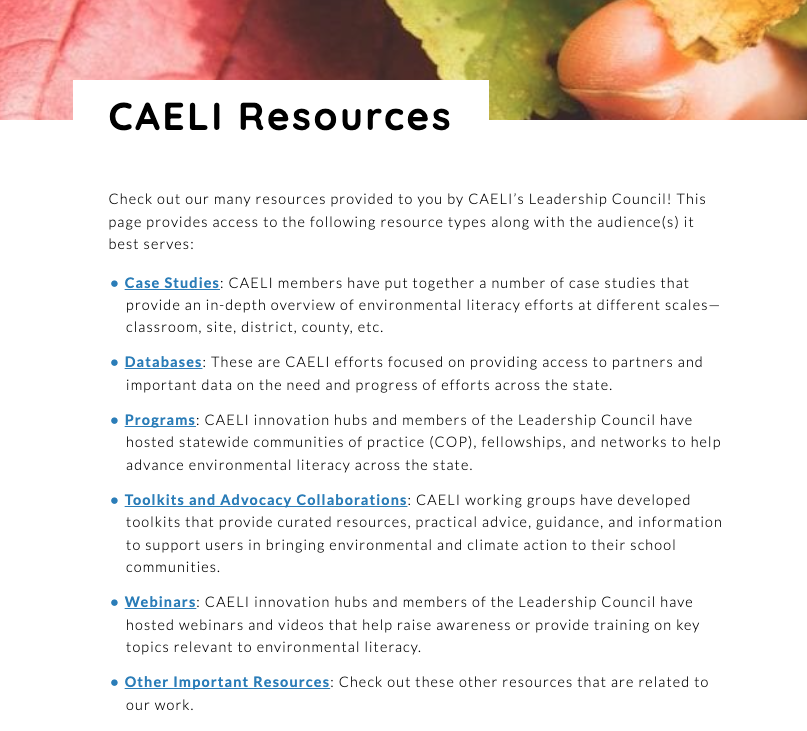
Growing CAELI
group_add
20+
new CAELI members
diversity_3
200+
participants in CAELI events and programs
clinical_notes
33,000+
people reached with CAELI resources and stories
thumb_up
1,200+
social media followers
mark_email_read
1,000+
first time newsletter subscribers
Environmental and Climate Change Literacy Projects

A collaborative effort between Ten Strands and the UC and CSU schools of education to educate the more than 400,000+ graduating high school students per year in California to become literate in climate change and environmental justice issues and solutions.
Many of California’s 5.8 million public school students enter adulthood with inadequate climate and environmental justice literacy. Ten Strands partners with ECCLPs to build pre-service and in-service educator capacity to activate and empower students to be literate in climate and environmental justice issues. Last fall, approximately 400 climate activists gathered at UC Irvine to relaunch ECCLPs and recommit to the fight for environmental literacy in PK–12 education systems across California. Read about the event here.
Ten Strands and partners at the ECCLPs relaunch event at UC Irvine
Leveraging Higher Education
In the spring of 2023, ECCLPs launched its first campus hub at California State University, Dominguez Hills, as well as three working committees focused on Research, PK–12 Teaching and Learning, and Community-Based Partnerships.
ECCLP
Community Leadership
ECCLPs inaugural executive director Kelley Lê shared her insights on the work advanced in the last year, featuring the voices of each ECCLPs committee lead. Learn about each of the committees and their leads here.
Outdoor Learning Initiatives
Creating safe and healthy outdoor learning spaces at school sites, strategies for teaching and learning outdoors, and opportunities for field based residential and day-time outdoor learning are at the heart of our Outdoor Learning Initiatives.
Schoolyard forests shade and protect TK–12 students from extreme heat and rising temperatures due to climate change. The California Schoolyard Forest System℠—our partnership with Green Schoolyards America—launched a free online resource library providing practical resources to schools and districts as they plan, develop, use, and manage schoolyard forests.
In March, Ten Strands CEO Karen Cowe spoke at the first of a five-part webinar series about the Living Schoolyards Act. We continue to advocate and highlight the importance of transforming the spaces in which children play everyday—schoolyards.
Outdoor Learning Initiaves
Beyond California
We supported the Living Schoolyards Act, a groundbreaking bill that directs federal resources to convert schoolyards into living and verdant spaces to protect students from extreme heat, nurture their curiosity and sense of wonder, invite learning, imagination, and play, to promote environmental stewardship.
Outdoor Learning Initiatives - Advocacy
Environmental Literacy in Every Subject
Ten Strands’ director of strategic partnerships, Amy Frame, authored a new framework for the Resource Library that identifies how to use schoolyard forests to support academics across grades and subjects.
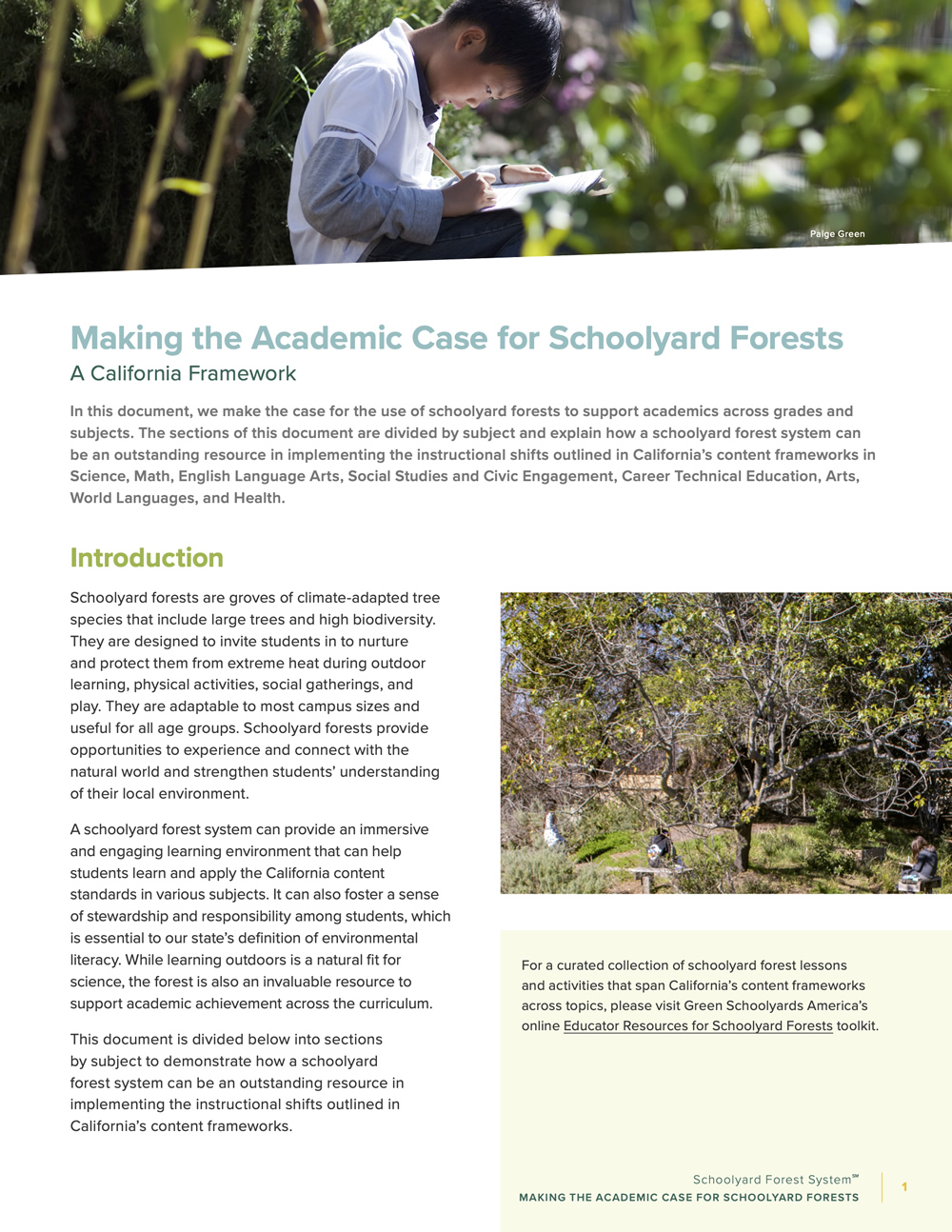
Sustainable and Climate-Ready Schools Initiative
A partnership with UndauntedK12 to ensure school infrastructure and grounds are resilient and support student health, safety, learning, play, and development in a time of rapidly increasing extreme weather.
In this era of rapid climate change, we need to ensure that the buildings and grounds of California’s public schools are developed as sites of resilience and sustainability. In 2022, we partnered with UndauntedK12 to launch the California Climate Ready Schools Coalition, a group of thirty diverse organizations representing various perspectives on education and climate policy collaborating to support climate-ready schools for California’s most vulnerable students.
In the spring of 2023, the Climate Ready Schools Coalition released Climate Resilient California Schools: A Call to Action, the first comprehensive report on climate-driven impacts on children in California. The report presents evidence-based recommendations, including a master plan for California’s schools that centers climate resilience within the 21st-century mission of public schools, securing students’ health, safety, and learning through extreme weather events, environmental hazards, and other disruptions.
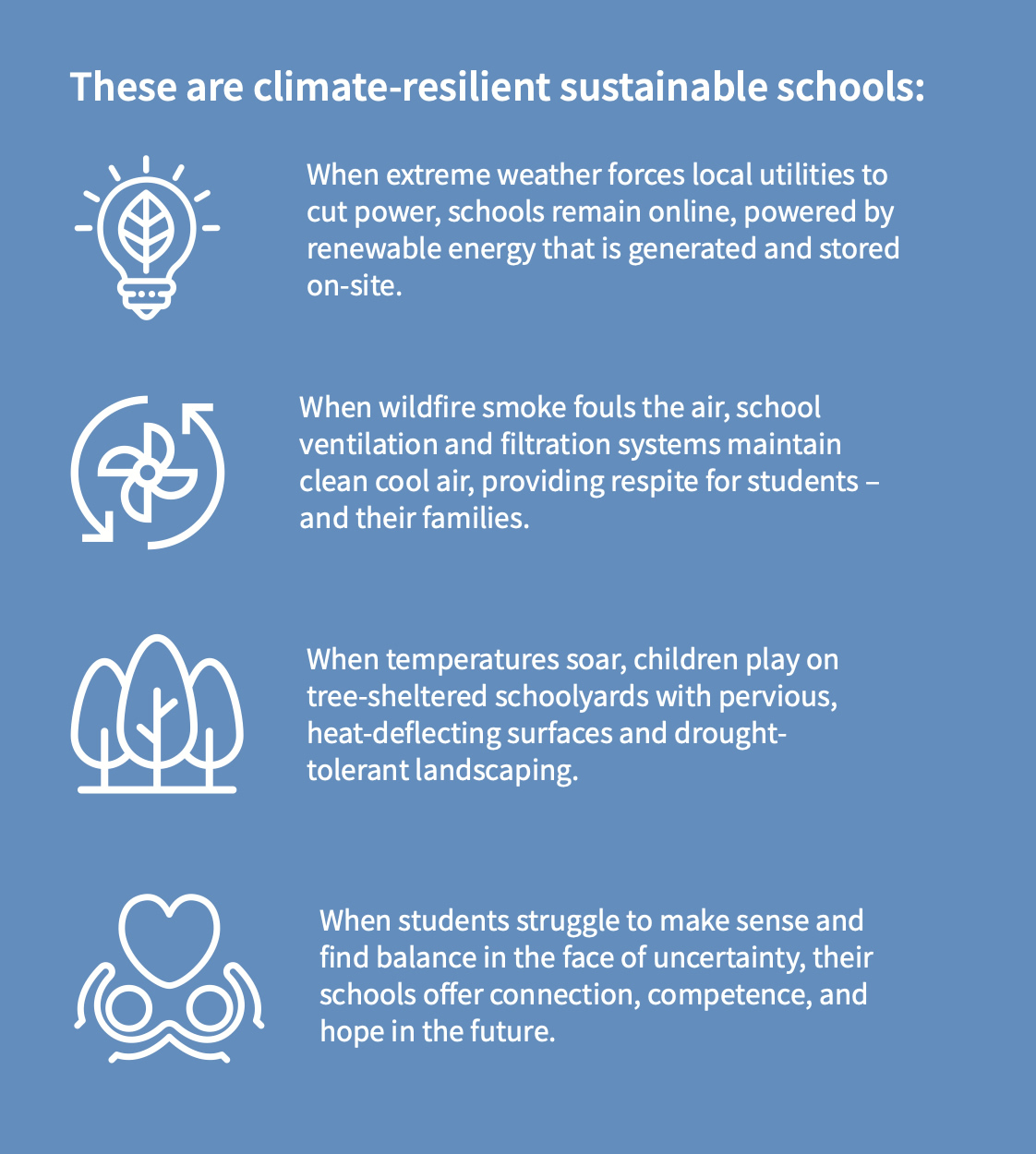
In The News
The Coalition’s report, Climate Resilient California Schools: A Call to Action, was co-authored by Ten Strands, UndauntedK12, Stanford University’s Sean N. Parker Center for Allergy and Asthma Research, the Action Lab for Planetary Health at Stanford Medicine’s Center for Innovation in Global Health, and the University of California at Berkeley’s Center for Cities + Schools. The report was featured in the Los Angeles Times, EdSource, EducationWeek, The 19th, and Stanford Medicine Magazine.
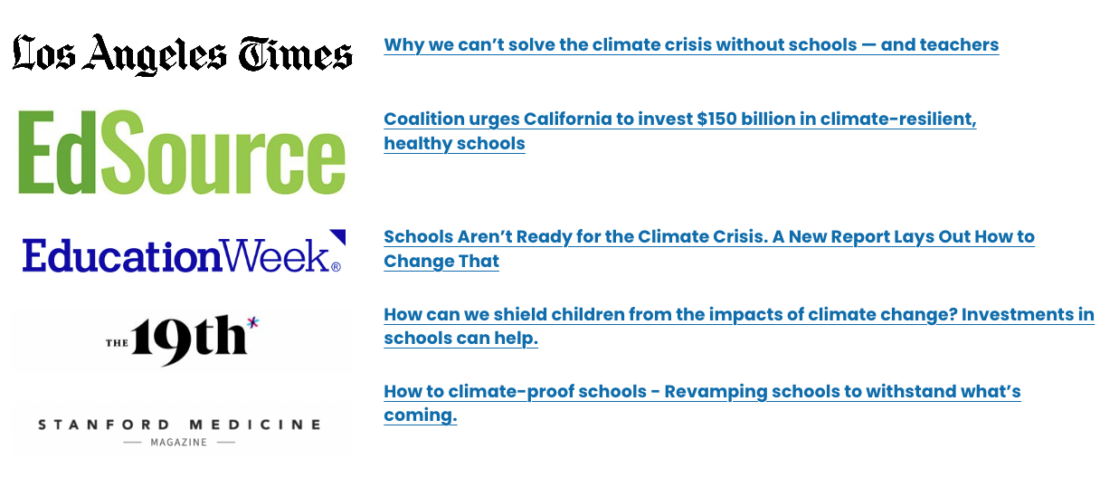
Protecting Public Schools
We supported Senate Bill 394, which requires the creation of a master plan for healthy, sustainable, and climate-resilient California schools. In April, Andra Yeghoian moderated a policy forum on how schools can tackle the climate crisis and the path ahead to achieve climate-resilient schools. Although not signed into legislation this year, the movement built a strong coalition. We will continue pushing our state to invest in building school resiliency and preparedness for climate change to protect student health and well-being.
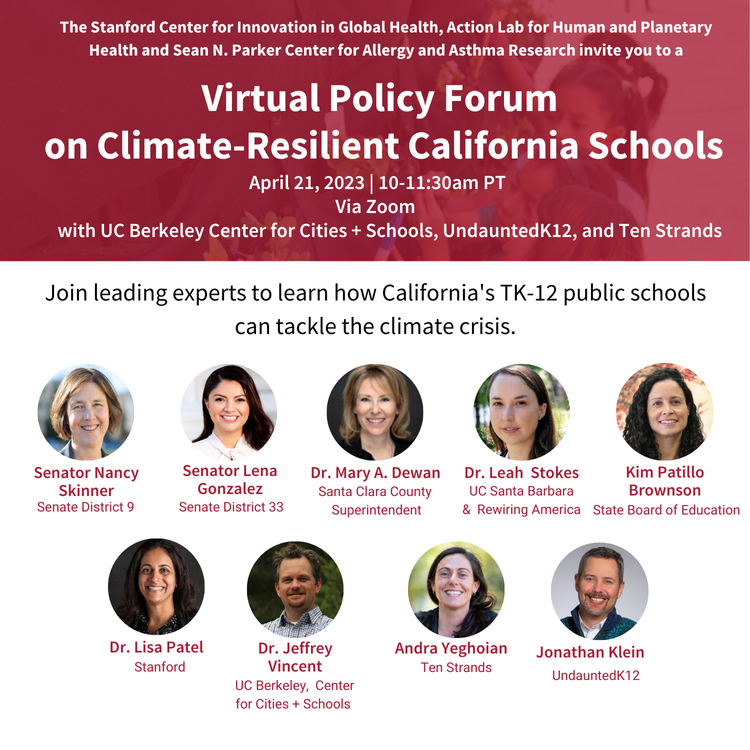
Data Initiative for Environmental and Climate Action in California’s TK–12 Schools
A partnership with UndauntedK12 to provide interactive data sets that can be used to catalyze change for environmental and climate literacy and action efforts in California TK–12 schools.
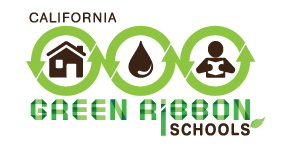
This Data Initiative responds to the need for an equity-informed, data-driven approach that prioritizes underserved communities and addresses environmental injustices. This year, the Data Initiative has made significant progress in advancing a statewide analysis of:
- school districts in counties taking the most and least amount of environmental and climate action;
- the California Green Ribbon program since 2014; and
- the extent to which the twenty-five largest school districts in California have invested in environmental and climate action.
Leveraging Data for Impact
The Data Initiative identifies key demographic indicators related to need, as well as tracks readiness and progress on high impact leverage points for change such as school board policies, bond measures, and investments in environmental and climate initiatives and staff to lead these initiatives.
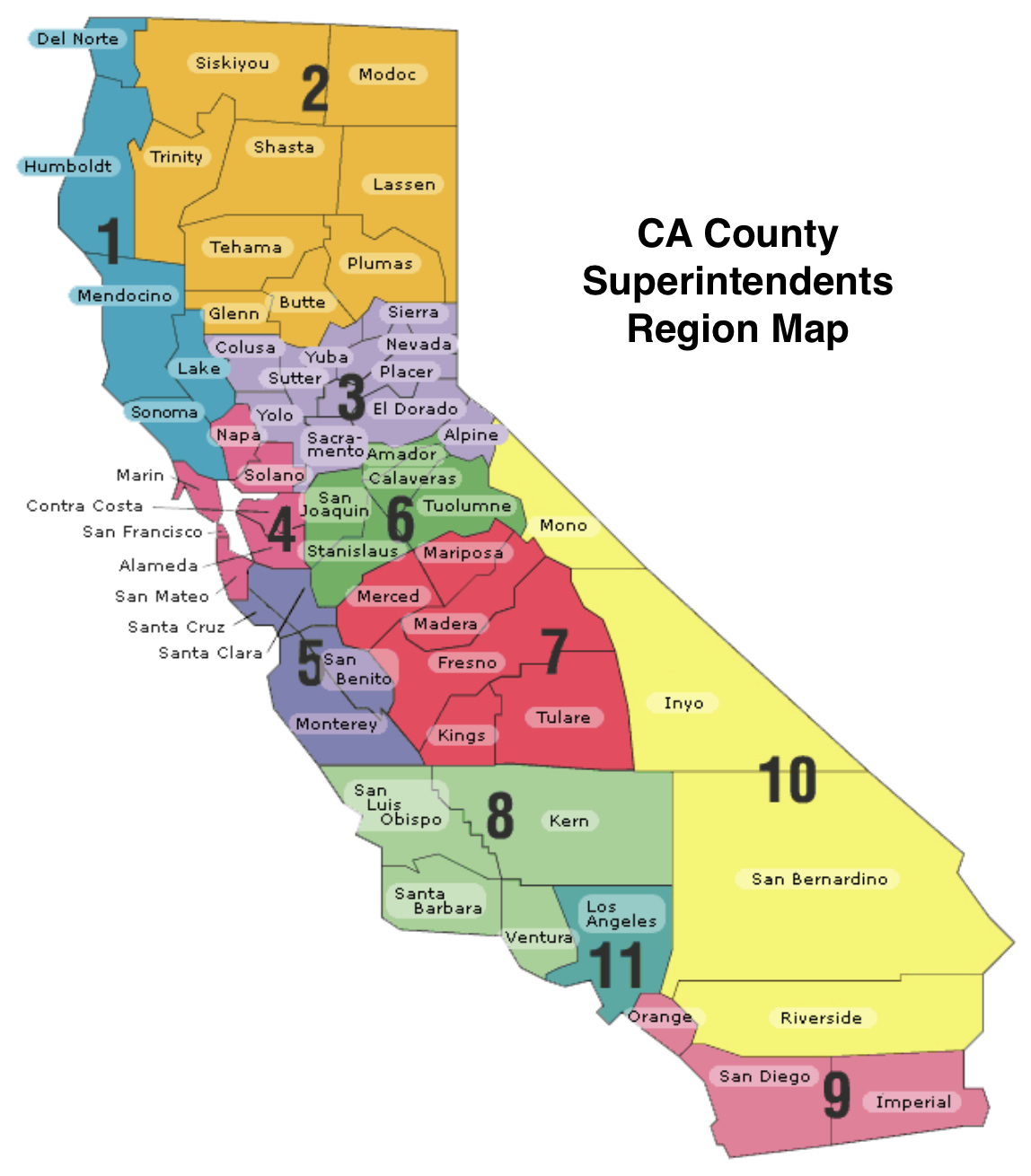
Identifying Opportunities
The Data Initiative launched a website that includes the start of the interactive data sets that can support scaling implementation of environmental and climate action in California’s schools by using an equity-informed and data-driven approach.
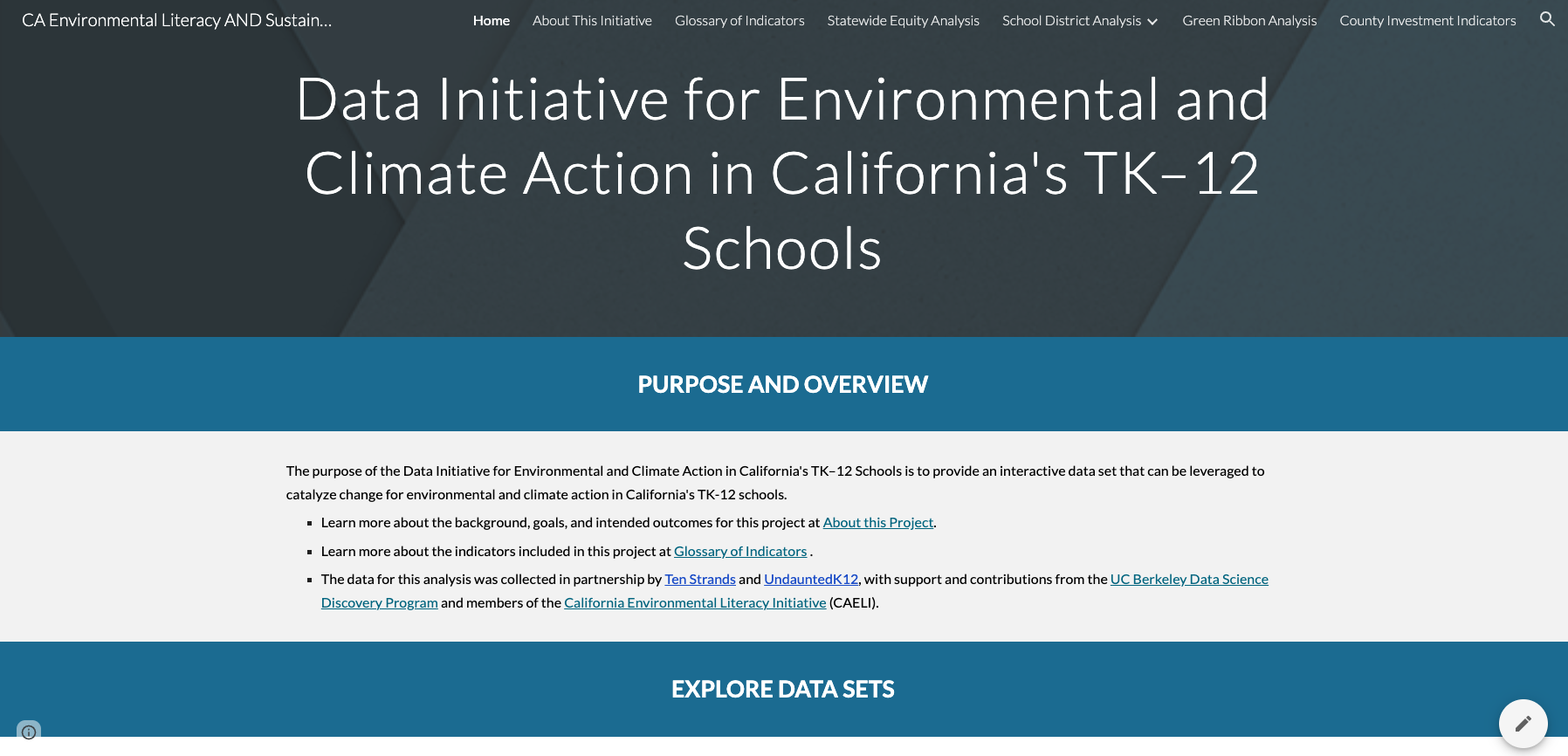
Looking Ahead
California Youth Climate Policy Leadership Program
In May, we launched a new statewide youth program designed to empower high school students to enact real change in their school or district. Facilitated in partnership between Ten Strands, the Sierra Club, and UndauntedK12, we are supporting forty-five tenth-through-twelfth-grade students to take climate action into their own hands. Throughout the program, students focus on foundational knowledge and skill-building activities related to environmental and climate action. Students will then apply their knowledge and skills on leading an advocacy campaign that passes climate policies (or builds on existing policies) in their school or district.
looking ahead
Looking ahead
Technical Assistance
Ten Strands has been supporting local education agencies (LEAs—county offices of education and school districts), schools, organizations, and individuals with direct services on environmental and climate literacy and action. In the coming year, we look forward to expanding our capacity to support schools in integrating environmental and climate literacy as well as action on sustainable and climate-resilient schools into TK–12 education across the whole system.
Stories of Impact
Featured in our bi-monthly newsletters, this year we’ve helped uplift twenty-four stories about environmental and climate literacy efforts in California.
We believe that young people have valuable perspectives and a critical role in shaping our society and our world. Our Youth Voices series is a platform for young people to drive dialogue and create positive change.
Click an author below to read one of our most viewed stories of the year.
Rishi Gurjar
From Climate Worrier to Climate Warrior: A Journey through Gardening and Climate Advocacy
Ten Strands Team
Staff

Riki Bertoldi
Climate Corps Fellow
Will Booth
Climate Corps Fellow

Karen Cowe
Chief Executive Officer

Navreet Singh Dhaliwal
Philanthropic Engagement Manager
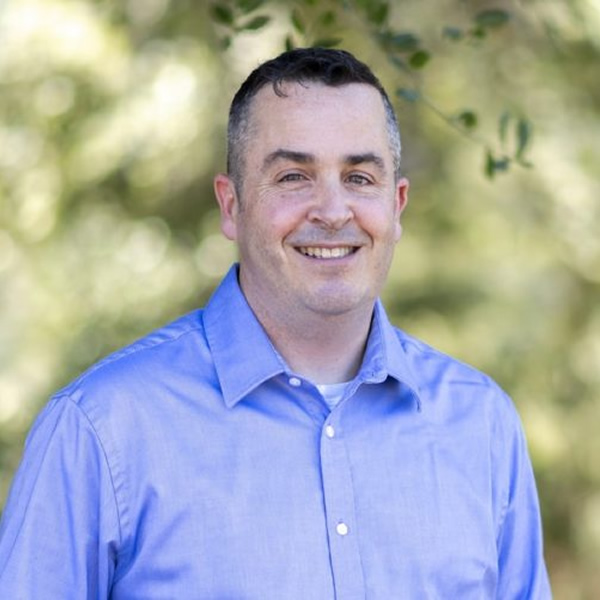
Jeffrey Dowling
Instructional Designer

Dr. Amy Frame
Director of Strategic Partnerships
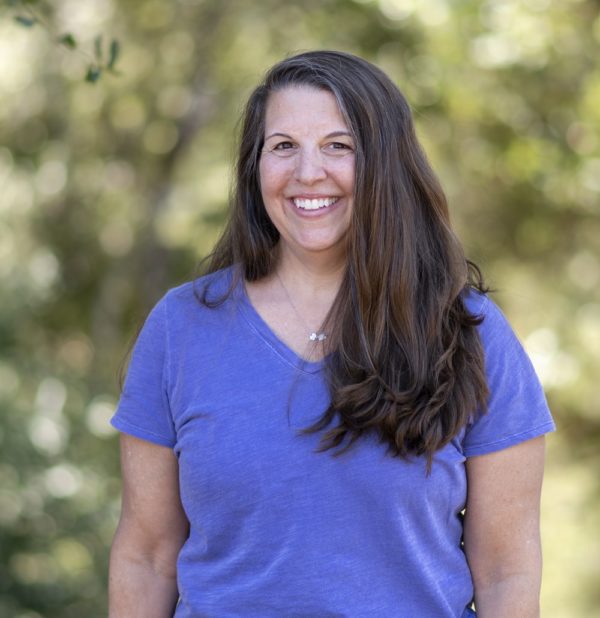
Dr. Roni Jones
Director of Curriculum
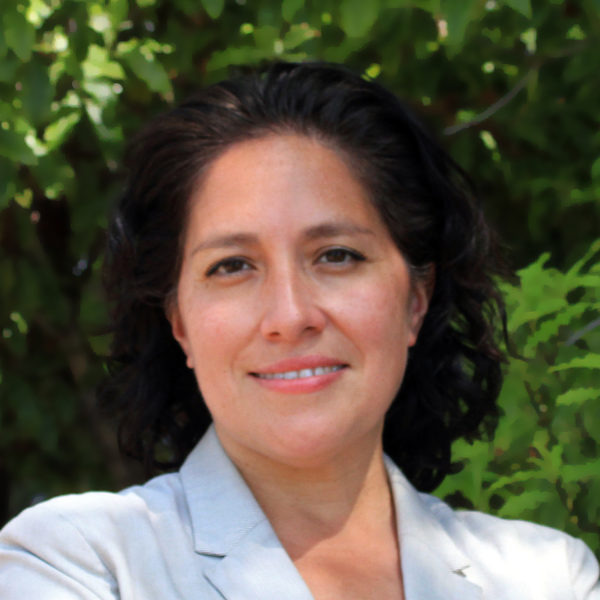
Jilliann Rodriguez M'Barki
Chief Advancement Officer
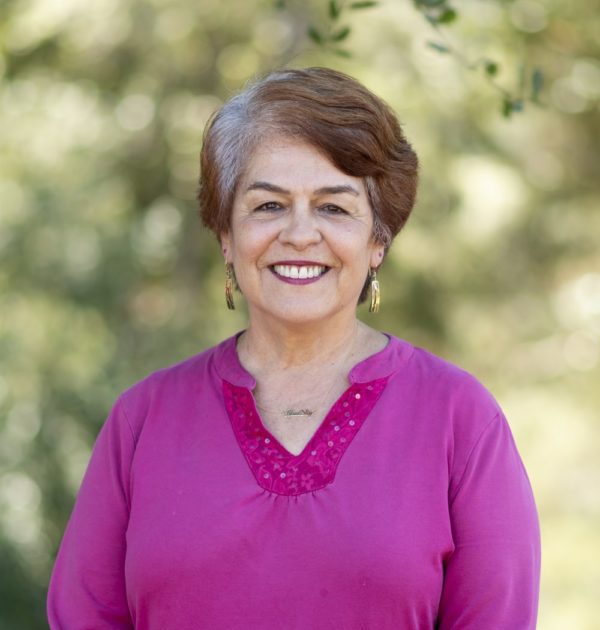
Celeste Royer
Director of Equity and Inclusion
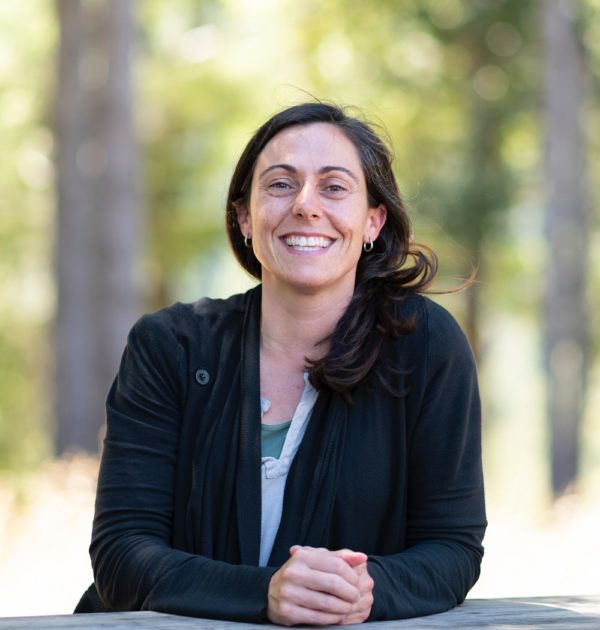
Andra Yeghoian
Chief Innovation Officer
Board of Directors
Dr. Tom Adams
Susanna Cooper
Candice Dickens-Russell
Rishi Gurjar
Dr. Adrian Hightower
Dr. Kelley Lê
Greg Moore, Board Advisor
James Mousalimas
Sheila Nahi
Will Parish, Board Chair
Glen Price
Robert Sheffield
Advisory Board
Bill Andrews
Jennifer Caldwell
Paul Chapman
Jayni Chase
Dr. Milton Chen
Jack Chin
Dr. Hardin Coleman
Diana Dehm
Randi Fisher
Mark Gold
A.J. Hudson
Cannon Michael
Suzanne Schutte
Leslie Mintz Tamminen
Partner List
- Action Lab for Planetary Health at Stanford Medicine’s Center for Innovation in Global Health
- Association for Environmental and Outdoor Education
- BSCS Science Learning
- California Association of Science Educators
- California Department of Education
- California Environmental Literacy Initiative Leadership Council
- California Geographic Alliance
- California Global Education Project
- California History Social Science Project
- California Partnership for Math and Science Education
- California Regional Environmental Education Community Network
- California Science Project
- California State University System
- California Subject Matter Project
- CalRecycle
- Center for Ecoliteracy
- Children’s Environmental Literacy Foundation
- Climate Generation
- Climate Literacy Committee of the Sierra Club San Francisco Bay Chapter
- Climate Mental Health Network
- Community Resources for Science
- Concord Consortium
- Environmental Education Collaborative
- Environmental Volunteers
- GISetc
- Global Nomads Group
- Green Guardians
- Green Schoolyards America
- Lawrence Hall of Science
- Long Beach USD
- Marine Science Institute
- Monterey County Office of Education
- Mycelium Youth Network
- Oakland Teachers Advancing Climate Action
- Orange County Department of Education, Inside the Outdoors
- Project Look Sharp
- RTI International
- San Diego County Office of Education
- San Joaquin County Office of Education
- San Mateo County Office of Education
- Santa Clara County Office of Education
- Santa Clara USD
- Santa Cruz County Office of Education
- SEI
- Solano County Office of Education
- Stanford University’s Sean N. Parker Center for Allergy and Asthma Research
- The HEAL Project
- The Inverness Institute
- UC Berkeley Center for Cities and Schools
- UC Berkeley Data Discovery Program
- UCI EcoGovLab
- Undaunted K-12
- University of California System
Financials
Revenue and Support
Ten Strands operates on a July 1 through June 30 fiscal year
2022-2023
Total Revenue and Support: $4,475,137
2021-2022
Total Revenue and Support: $4,734,751
Program Expenses
2022-2023
Total Program Expenses: $3,633,920
Support Expenses:
Salaries & Personnel Expenses: $412,124
Other General & Administrative: $92,361
Total Support Expenses: $504,485
2021-2022
Total Program Expenses: $1,452,694
Support Expenses:
Salaries & Personnel Expenses: $381,391
Other General & Administrative: $46,574
Total Support Expenses: $427,965
Donor Roll
Thank you to our supporters
At every level, our accomplishments are all thanks to our supporters who enable us to provide environmental literacy learning experiences to California’s K—12 students.
check_small Donors with consecutive giving over the past three years
check_smallLoyal donors with five or more years of support
check_small Donors who have given annually since our founding in 2012
HUMMINGBIRD $100,000–$249,999
- David and Lucille Packard Foundation
- Elizabeth R. and William J. Patterson Foundation check_smallcheck_small
- Ellen Bronfman Hauptman
- First Republic Bank Foundation
- Jacques M. Littlefield Foundation
- Laural Foundation
- Suzanne U.D. Parish Foundation
- Pisces Foundation check_smallcheck_smallcheck_small
SEA STAR $50,000–$99,999
- BelleJAR Foundation
- Jennifer Caldwell and John H.N. Fisher check_smallcheck_small
- CISCO Foundation
- Horace W. Goldsmith Foundation check_smallcheck_small
- Lampert Byrd Foundation check_small
- Diana Nelson and John Atwater check_smallcheck_small
- Julie and Will Parish check_smallcheck_smallcheck_small
- Sand Hill Foundation check_smallcheck_small
- William K. Bowes, Jr. Foundation check_small
SEA OTTER $25,000–$49,999
- Anonymous
- Bob and Dana Emery check_smallcheck_small
- HalfMyDAF
- HRH Foundation check_smallcheck_small
- Silver Giving Foundation check_smallcheck_small
- Stuart Foundation
- Susan and David Tunnell check_smallcheck_small
CACTUS $10,000–$24,999
- Katie Albright and Jake Schatz check_smallcheck_small
- Anonymous
- Rick and Tonya Antle
- Janice and Matthew Barger check_smallcheck_small
- The Kelly and Sam Bronfman Family Foundation check_smallcheck_small
- Eliza Brown check_smallcheck_smallcheck_small
- Nina Brown de Clercq check_smallcheck_small
- Owsley Brown III check_small
- Ruth Cox and Milton Chen check_small
- Katie Hall and Tom Knutsen check_smallcheck_small
- Betsy and Ed McDermott check_smallcheck_small
- Sheila and Paul Nahi check_smallcheck_small
- Kate Ridgway and Rick Holmstrom check_smallcheck_small
- Sherman Family Fund check_smallcheck_small
- Laura and Greg Spivy check_smallcheck_small
- Louise and Arthur Patterson check_small
- Maxwell Hanrahan Foundation
GREY WOLF $5,000–$9,999
- The Keith Campbell Foundation check_smallcheck_small
- David and Carla Crane Philanthropic Fund check_smallcheck_small
- Stephanie DiMarco and Jim Harleen check_smallcheck_small
- Great Circle Solar Management Corporation
- John Lamm check_smallcheck_small
- Kristin Hull
- Susan and Bill Oberndorf check_smallcheck_small
- JaMel and Tom Perkins check_small
- Samantha Smith Productions
SUGAR MAPLE $1,000–$4,999
- Leslie Berriman and Nion McEvoy check_smallcheck_small
- Bob Brown and Su-Moon Paik
- John Buoymaster check_smallcheck_small
- Daniel Chandler
- Gail and Hardin Coleman check_smallcheck_small
- Karen Cowe check_smallcheck_small
- Paul Danielsen
- Barbara Deméré check_smallcheck_small
- Kate Ditzler and Stuart Gasner check_smallcheck_small
- Kate and Bill Duhamel check_smallcheck_small
- Kamal El-Wattar check_smallcheck_small
- Melinda Ellis Evers and Will Evers check_smallcheck_small
- Pam Polite Fisco and Dennis Fisco check_smallcheck_small
- Lisa and Douglas Goldman Fund check_smallcheck_small
- Shelly Guyer and Tom Huntington check_small
- Melissa and Shepard Harris check_small
- Sabrina and Mick Hellman check_smallcheck_small
- Adrian Hightower check_small
- Suds and Lori Jain
- Dagny Maidman and Molly Wood check_smallcheck_small
- Meridee Moore
- Emilie and Doug Ogden check_smallcheck_small
- Simone Otus Coxe and Tench Coxe
- Anne and Michael Parish check_small
- Mauree Jane and Mark W. Perry check_smallcheck_small
- Rina and Chris Chase
- Dr. Krista Ramonas and Gordon Rubenstein check_smallcheck_small
- Celeste and Jim Royer check_smallcheck_small
- Cesar Rueda
- Suzanne and Will Schutte check_small
- The Stellar Blue Fund check_smallcheck_small
- Susan Gilmore Stone and Prescott Stonecheck_small
- The Laney and Pasha Thornton Foundation check_smallcheck_small
- Mary and Jerome Vascellaro check_smallcheck_small
- Carl Vogt check_small
- Brooks Walker III Family Fund check_smallcheck_small
- Lynn and Peter Wendell check_small
BEAR $1–$999
- 350 Humboldt
- Anonymous
- Thomas Adams
- Bill Andrews check_small
- Tasha and Nathaniel Bergson-Michelson
- JoAnn and Jack Bertges check_smallcheck_small
- Eric Blasen check_smallcheck_small
- Philip E. Bowles
- Hedy Chang and Jack Chin check_smallcheck_small
- Helen and Paul Chapman check_smallcheck_small
- Jayni and Chevy Chase
- Diana Dehm
- Navreet Dhaliwal
- Candice Dickens-Russell check_smallcheck_small
- Thomas Van Dyck
- Sandra Emerson
- Amy Frame
- Angela Howe
- Carol Inkellis and Joel Gingold check_smallcheck_small
- Maya Gingold check_small
- Peter Hellwig
- Kim Kelly
- Kelley Le
- Jilliann and Simo M’Barki
- Linda Livers check_smallcheck_small
- Tina Quinn
- Sarah Ranney
- Jennifer and Marty Rigby check_smallcheck_small
- Donald R. Share check_smallcheck_small
- Patti and Richard Shavelson
- Robert Sheffield check_smallcheck_small
- Kirk Anne Taylor and Nik Hallworth check_small
- Leslie and Terry Tamminen
- Michael and Shirley Traynor
- Lisa C. Van Dusen check_smallcheck_small
- Andra Yeghoian





